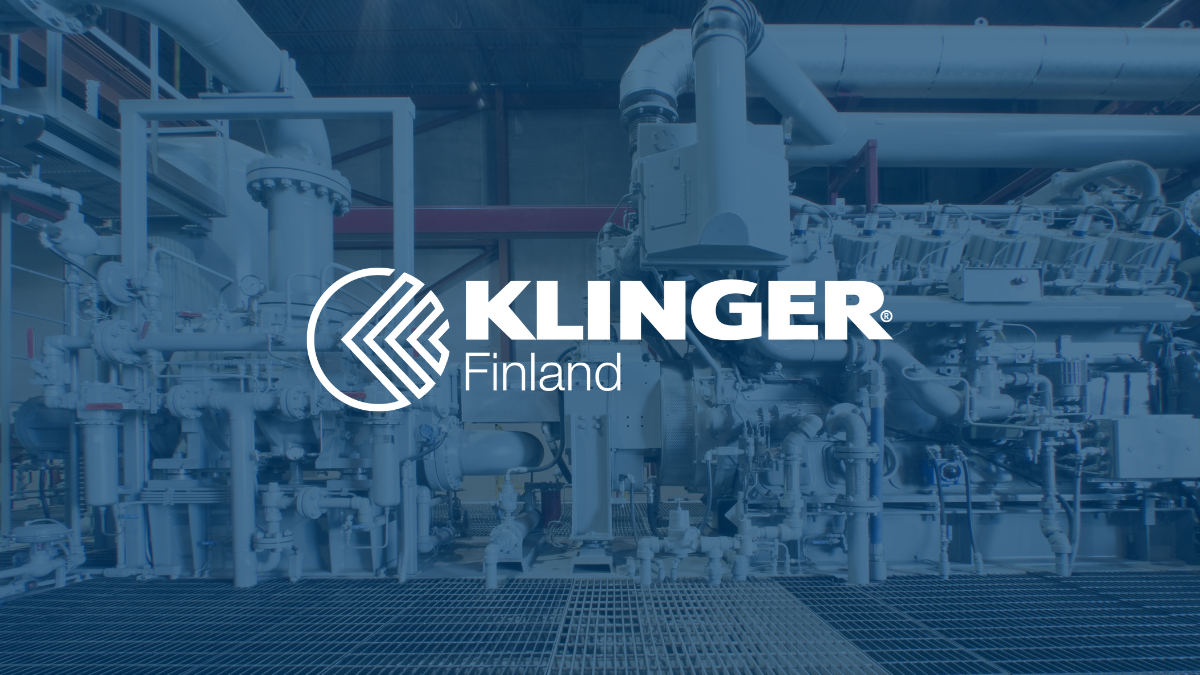A ball valve operates on a simple yet effective principle: a perforated ball inside rotates 90 degrees to control flow. When the ball aligns with the pipe, the valve opens and fluid flows freely. When the ball turns 90 degrees, it completely blocks the flow. This industrial valve serves as a critical component in many industrial processes.
Ball valve fundamentals and industrial significance
A ball valve is a shut-off valve that uses a perforated ball to control flow. It ranks among the most commonly used valve types in industry due to its reliability and ease of operation.
In mining and steel industries, ball valves withstand demanding conditions and high pressures. In oil and petrochemical industries, they provide a safe method for controlling sensitive liquids and gases. In pharmaceutical manufacturing, cleanliness and sealing are paramount, while in the energy sector, valve maintenance and longevity are critical factors.
The popularity of ball valves stems from their ability to provide rapid closure, excellent sealing, and minimal flow resistance when open.
How does a ball valve function technically?
The operating principle of a ball valve is based on the rotation of an internal perforated ball through a 90-degree angle. When the valve is open, the ball’s hole aligns with the pipe, allowing free flow.
During closure, the ball rotates via the stem so that the solid portion of the ball blocks the flow paths. This occurs quickly and efficiently, making ball valve operation extremely reliable.
Technically, the valve operates as follows:
- The stem connects the ball to the external actuator
- The ball rotates in bearing-mounted seats
- Seals prevent leakage between the ball and seats
- A 90-degree turn ensures complete closure
When should ball valves be used in industry?
Ball valves are best suited for applications requiring rapid on/off operation and excellent sealing. They are the ideal choice when control valves are not necessary.
Advantages of ball valves compared to other valve types:
- Quick 90-degree operation
- Minimal flow resistance
- Excellent sealing
- Easy automation integration
- Long service life
Applications include water treatment, chemical industry, oil refining, and energy production. KLINGER offers a comprehensive range of ball valves for various industrial applications.
When selecting the right valve, pressure, temperature, handled medium, and installation environment must be considered. A skilled supplier helps find the optimal solution for each application.
